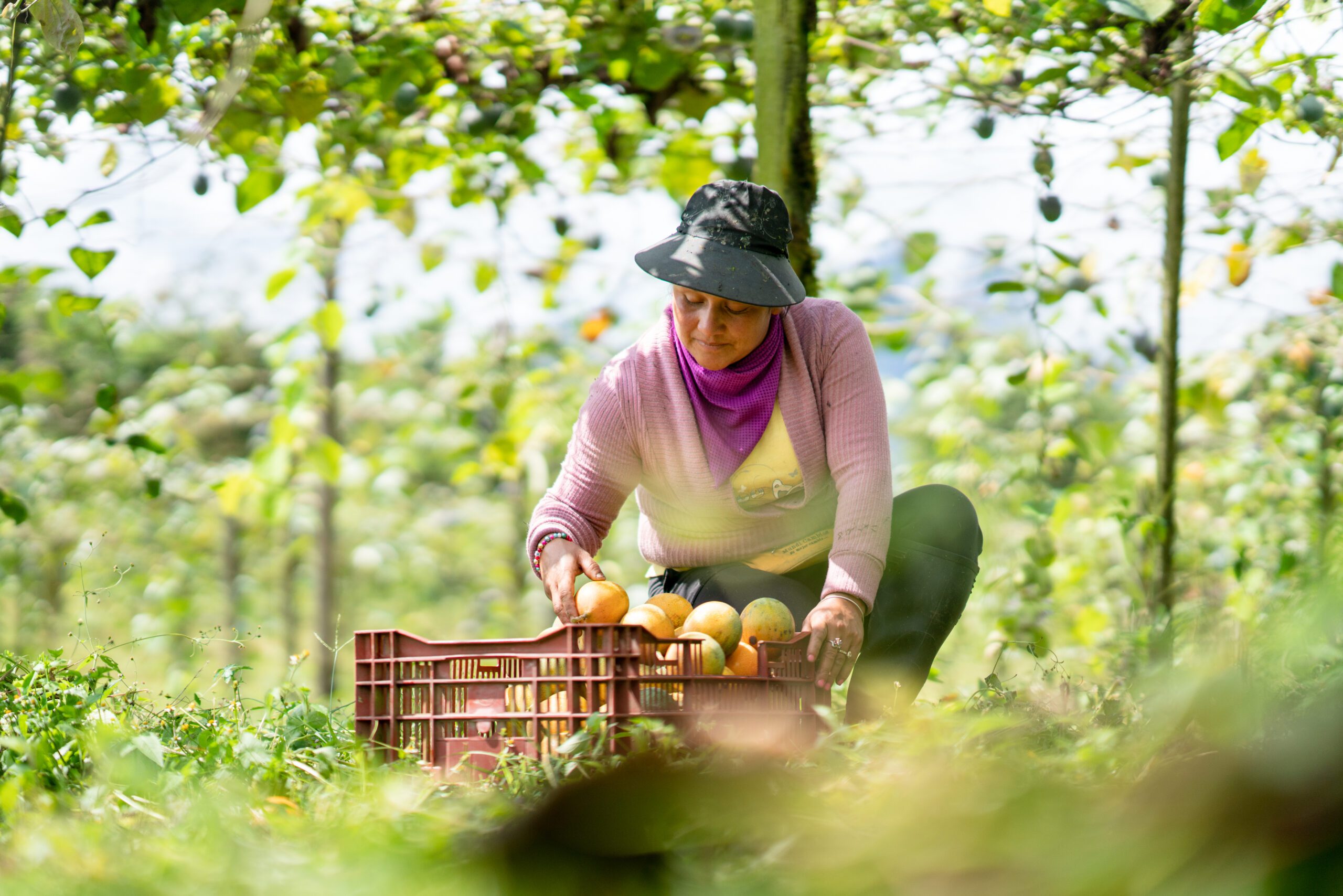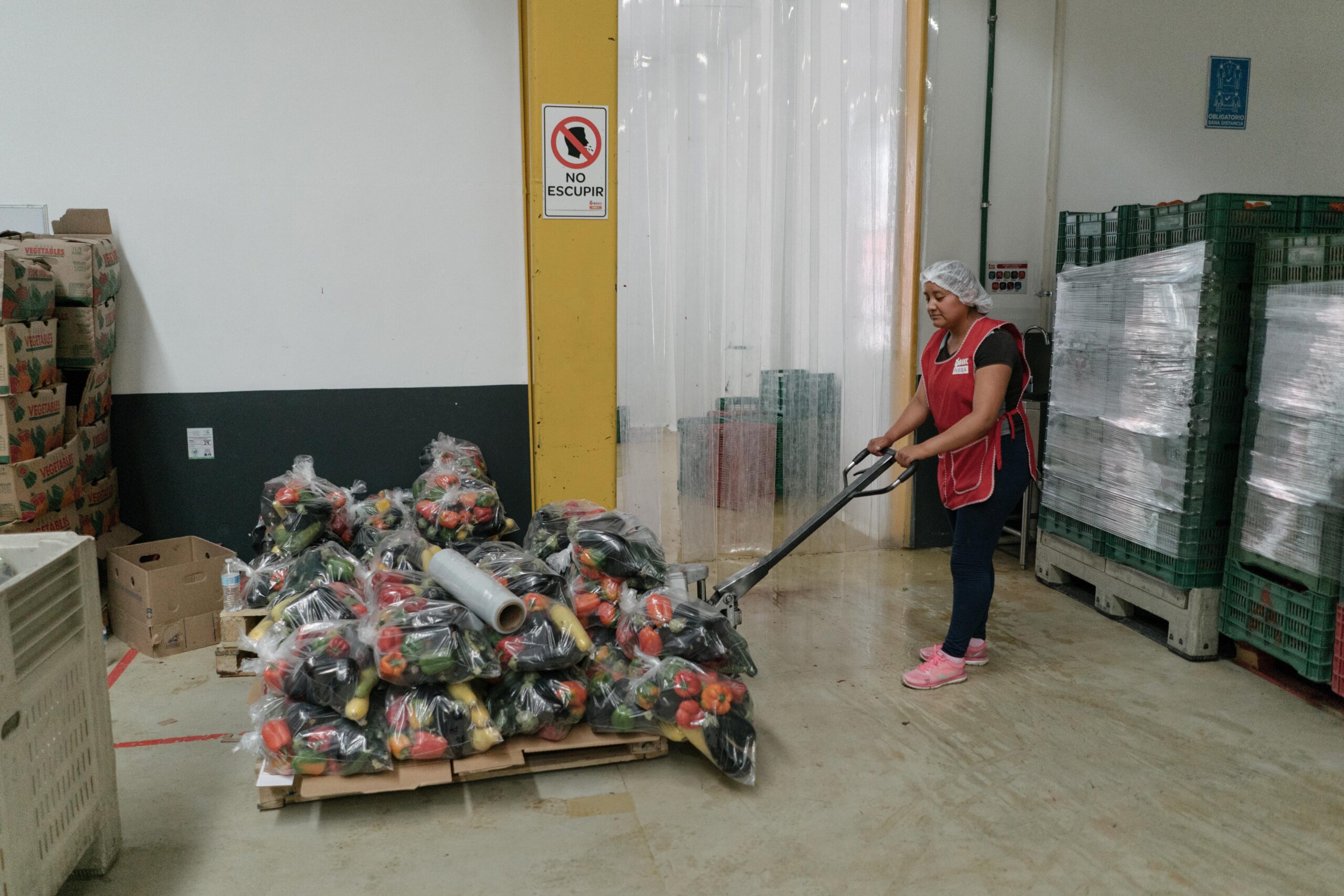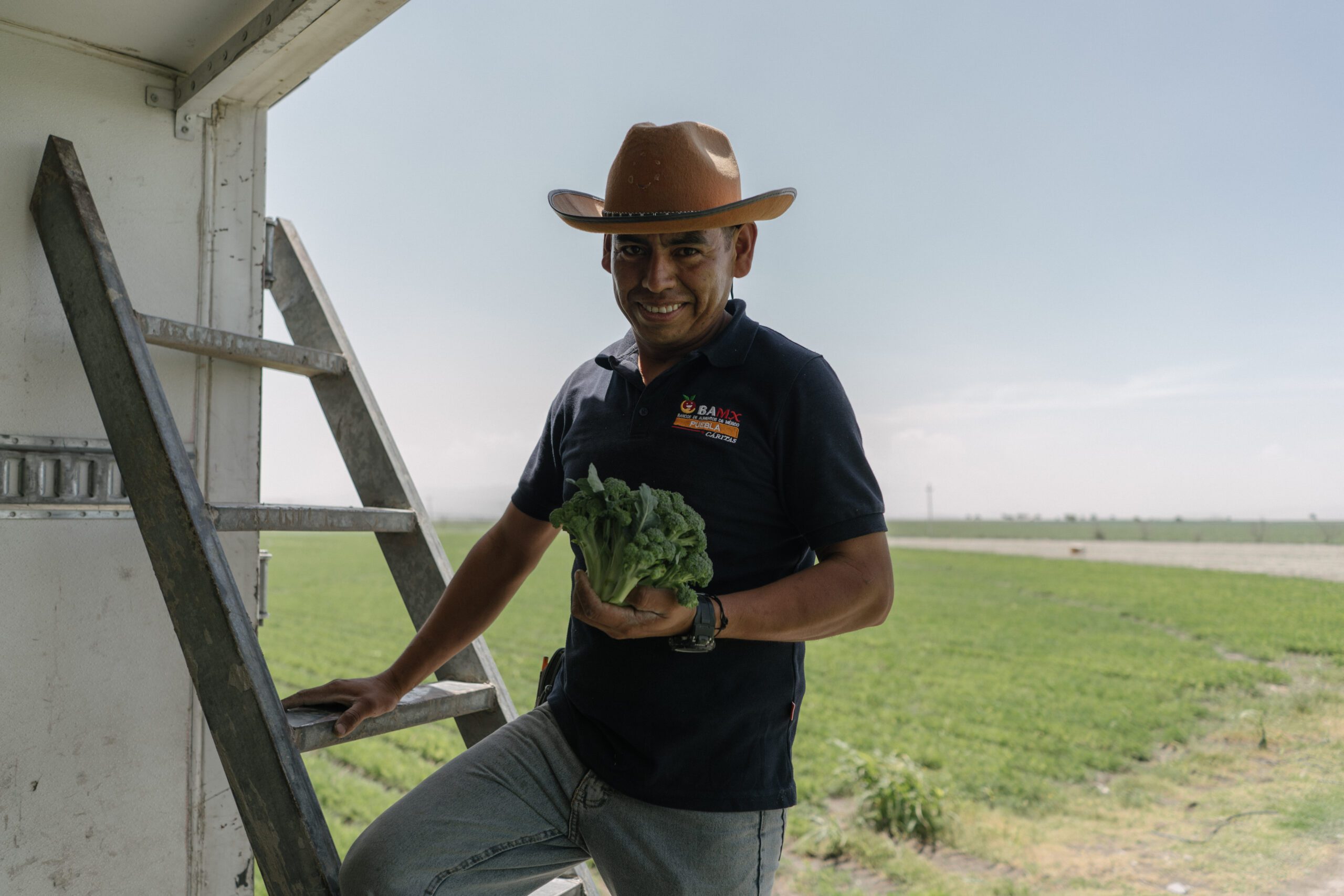En matière de gaspillage alimentaire et de changement climatique, l'Équateur et le Mexique ouvrent des pistes de solutions prometteuses. Au Mexique, une taxe carbone et une nouvelle loi sur le gaspillage alimentaire et le droit à l'alimentation constituent de solides premières étapes. En Équateur, le programme innovant de vérification volontaire… Programme Équateur Carbone Cero (Programme Zéro Carbone), ou PECC, établit un cadre réglementaire pour encourager les programmes de réduction des émissions, jetant ainsi les bases d'une action nationale efficace.
De nouvelles recherches de L’Atlas mondial des politiques de dons alimentaires détaille comment les législateurs en Équateur et au Mexique peuvent renforcer ces efforts et réduire l’insécurité alimentaire, atténuer les émissions de gaz à effet de serre et renforcer la résilience des communautés grâce à une série de politiques qui utilisent des instruments économiques – en particulier des incitations ou des pénalités – pour cibler les pertes et le gaspillage alimentaires.
Ces deux études distinctes explorent le rôle de la récupération alimentaire dans l'atténuation du changement climatique dans chaque pays, ainsi que les opportunités de politiques économiques pour soutenir les dons alimentaires et la réduction du gaspillage alimentaire. Jusqu'à 10% des émissions mondiales de gaz à effet de serre proviennent des aliments qui finissent dans les décharges. La décomposition des aliments produit du méthane, un gaz à effet de serre qui retient plus de 80 fois plus de chaleur que le dioxyde de carbone au cours des 20 premières années.
La récupération et la redistribution des aliments — l’expertise des banques alimentaires du monde entier — ne sont pas seulement un moyen efficace de lutter contre l’insécurité alimentaire ; c’est aussi le moyen le plus rapide, le plus simple et le plus abordable de réduire les émissions de méthane.

« Alors que les banques alimentaires récupèrent et redistribuent de la nourriture pour soutenir leurs communautés locales depuis des décennies, nos recherches prouvent de plus en plus que les banques alimentaires ont un impact important sur l'atténuation des émissions de méthane », a déclaré Ana Catalina Suárez Peña, directrice principale de la stratégie et de l'innovation au Global FoodBanking Network. « Des politiques nationales plus strictes peuvent contribuer à intensifier l'action des banques alimentaires et à multiplier leurs impacts positifs sur la sécurité alimentaire et la planète. »
Les récentes recommandations de l'Atlas se concentrent principalement sur les instruments économiques que les décideurs politiques équatoriens et mexicains pourraient utiliser pour lutter contre les émissions de méthane. Ces instruments comprennent les taxes carbone, les compensations carbone et les lois anti-gaspillage alimentaire. Les rapports recommandent également des mesures incitatives à la récupération des aliments auprès des producteurs agricoles. Ces pistes d'action offrent aux décideurs politiques un point de départ pour s'appuyer sur les politiques existantes en matière d'émissions de méthane et les renforcer.
« Le partenariat entre la Food Law and Policy Clinic et le Global FoodBanking Network, soutenu par le Global Methane Hub, fournit des informations essentielles sur la manière dont nous pouvons tirer parti de la récupération alimentaire pour lutter à la fois contre le changement climatique et l'insécurité alimentaire », a déclaré Emily Broad Leib, directeur fondateur de la Food Law and Policy Clinic de la Harvard Law School.
Broad Leib a ajouté que ce qui est particulièrement efficace, c’est l’accent mis sur les recommandations politiques concrètes, comme celles détaillées dans l’Atlas.
« Alors que notre Atlas mondial des politiques de don alimentaire couvre un large éventail de lois impactant les dons alimentaires, de la sécurité alimentaire aux protections en matière de responsabilité pour les dons alimentaires, ces livres blancs explorent d'autres domaines politiques qui utilisent des instruments économiques pour lutter contre le gaspillage alimentaire, comme les lois anti-gaspillage alimentaire, ou pour encourager la récupération ou le don alimentaire, comme les incitations fiscales ou les compensations carbone, adaptées aux contextes spécifiques de pays comme le Mexique et l'Équateur », a-t-elle déclaré. « En associant les organisations de récupération alimentaire à la discussion des politiques, nous pouvons garantir que ces recommandations se traduisent par des effets concrets, créant ainsi un système alimentaire plus durable et plus équitable pour tous. Il s'agit de créer un cadre politique global qui permette à la récupération alimentaire de lutter simultanément contre la faim et d'atténuer les effets néfastes des émissions de méthane. »
Lancé en 2019, l'Atlas est un partenariat entre la Clinique de droit et de politique alimentaire de la faculté de droit de Harvard (FLPC) et le Réseau mondial des banques alimentaires (GFN). Il aborde les questions juridiques les plus urgentes et les obstacles à la réduction du gaspillage alimentaire et au don de nourriture dans le monde. L'Atlas produit des rapports nationaux (25 à ce jour) ainsi que des notes d'orientation, mettant en lumière des politiques modèles et des considérations clés sur neuf sujets.
Les dernières recherches de l'Atlas sont financées par le Global Methane Hub (GMH), la même organisation qui a financé le GFN. Récupération alimentaire pour éviter les émissions de méthane, ou méthodologie FRAME — qui a été expérimentée en Équateur et au Mexique et qui est complétée par les conclusions des rapports publiés aujourd'hui sur les instruments économiques en Équateur et au Mexique.
Mesurer l'atténuation des émissions de méthane
La méthodologie FRAME quantifie et suit en temps réel les émissions de méthane évitées grâce à la récupération des aliments par les banques alimentaires. Développée avec le Carbon Trust, il s'agit de la première méthodologie pour le méthane utilisant la méthode. Responsable du développement durable de Microsoft outil. FRAME fournit des preuves crédibles que les banques alimentaires contribuent à réduire les émissions ainsi que l’insécurité alimentaire et, comme les recommandations de l’Atlas, peuvent aider les pays à atteindre leurs objectifs climatiques tout en réduisant l’insécurité alimentaire.
De juillet à septembre 2023, les résultats de la réduction des émissions de méthane ont été enregistrés via la plateforme Microsoft Sustainability Manager pour certaines banques alimentaires membres du GFN au Mexique et en Équateur. Au cours de ces trois mois, les six banques alimentaires ont récupéré plus de 7,5 millions de kilogrammes de nourriture, empêchant ainsi 199 tonnes de méthane de se retrouver dans l'atmosphère. Cela représente plus de 4 000 tonnes d'équivalent CO2.

« Au cours de la première phase, nous avons collaboré avec les banques alimentaires pour résoudre les problèmes et garantir que la méthodologie FRAME soit rigoureuse et produise des résultats de haute qualité », a déclaré Suárez Peña, qui a dirigé le développement de la méthodologie. « Alors que nous entamons la phase suivante, nous sommes convaincus de disposer d'un outil permettant aux banques alimentaires de mesurer leur impact climatique comme jamais auparavant. »
Après le succès de la phase pilote, le projet s'étendra aux banques alimentaires membres du GFN en Colombie, au Costa Rica, en Côte d'Ivoire, au Guatemala, au Honduras, au Paraguay, en Afrique du Sud et en Thaïlande, ainsi qu'à une autre banque alimentaire en Équateur.
De plus, GFN a été sélectionnée parmi les 15 organisations participant au concours Tech for Social Impact Hack4Good 3.0 de Microsoft, un concours innovant visant à autonomiser les organisations à but non lucratif grâce à l'intelligence artificielle. GFN créera un assistant piloté par l'IA pour soutenir les banques alimentaires en utilisant la plateforme Microsoft Sustainability Manager pour l'utilisation de la méthodologie FRAME et d'autres ressources.
Alors que le projet de réduction des émissions de méthane du GFN continue de se développer, les banques alimentaires et autres organisations qui récupèrent et redistribuent les surplus alimentaires peuvent mieux démontrer l'efficacité de leurs actions pour atténuer les émissions de méthane. Comme le soulignent les rapports récemment publiés sur les instruments économiques, la robustesse des données pourrait également permettre aux banques alimentaires d'être comptabilisées dans les contributions déterminées au niveau national (CDN) des pays au titre de l'Accord de Paris ou de participer à différents programmes de financement climatique. Cette opportunité est d'autant plus importante.
La méthodologie FRAME et les recherches de l'Atlas visent à soutenir les décideurs politiques et les organisations qui s'efforcent de limiter les effets néfastes du méthane rejeté dans l'atmosphère. Le GFN et ses partenaires continueront de donner la priorité à ce travail important, afin de nourrir les populations et la planète.

